AO Edited
Malbork Castle
This 13th century Gothic brick castle is the largest in the world by surface area.
Sprawled over 51 acres, the Castle of the Teutonic Order in Malbork (better known as Malbork Castle) was built by knights of the Teutonic Order. They first came to the Baltic region as missionaries, ostensibly to convert the pagans to Christianity. In time they grew in wealth and influence, periodically challenged the authority of local rulers, acquired vast swathes of land and built fortified monasteries. Malbork Castle was the seat of power of the Teutonic Knights for over 150 years, and their Grand Masters resided in the impressive palace.
Instead of a single structure, Malbork Castle is a complex of three castles encircled by formidable defensive walls that are connected by gates and bridges. The complex’s entrance gate is located at the Lower Castle, which historically housed the stables, the armory, workshops, and a brewery.
The Middle Castle was where the Grand Masters lived and entertained. The Great Refectory is a massive 450-square-foot hall with under-floor heating, a magnificent vaulted ceiling, and high Gothic windows. Lavish banquets were held in the great hall. In one of the Grand Master’s private rooms, one can admire a ceiling painted with a delicate grapevine motif.
The High Castle was primarily a monastic residence. Of interest is the privy tower, the first of its kind commissioned by the knights and later replicated in other castles built by them. The knights worshipped at St. Mary’s Church, which is accessed through an elaborately carved doorway. It has a striking vaulted apse and beautiful, though fading, murals decorating the walls. A medieval well sits in the middle of the courtyard, a source of water in times of a siege. It suffered near destruction during World War II and has since been meticulously restored. It was designated a UNESCO World Heritage site in 1997.
Know Before You Go
A panoramic view of Malbork Castle can be had from the west bank of the River Nogat. The location of the castle was no accident! Optimally situated on the bank of a navigable river, the knights controlled the lucrative amber trade, imposing hefty tolls on all passing ships and barges.
A visit to the Amber Museum located in the castle complex is recommended. Though modest in size, it has some dazzling artifacts on display.
The Gothic restaurant in the complex is atmospheric though busy! Reservations are helpful if time is a constraint.
If traveling Poland without a vehicle, the castle is easily accessible via the train station that is within walking distance. Many long distance trains stop here.
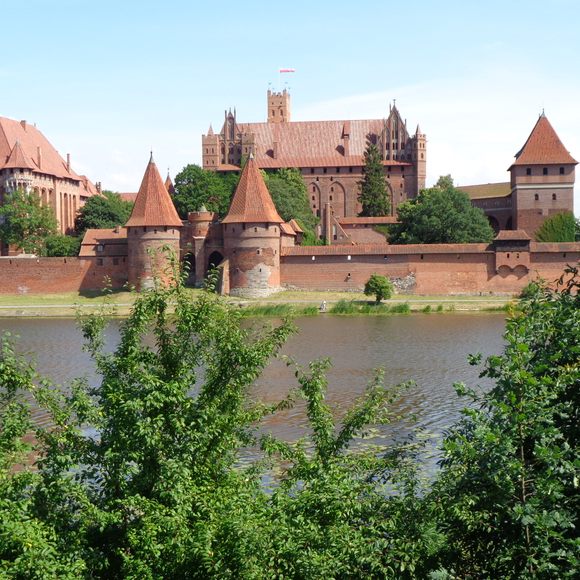


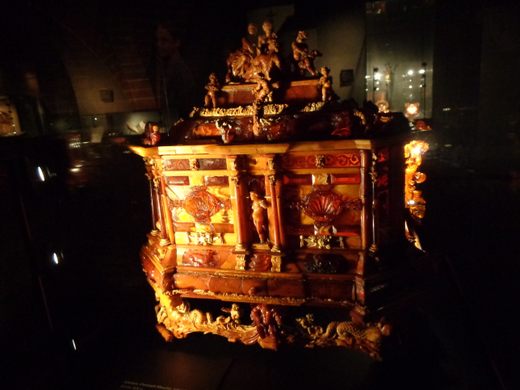

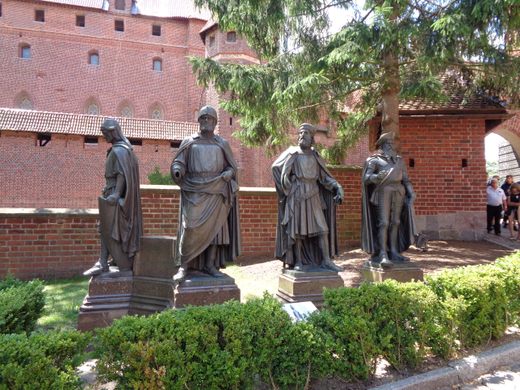








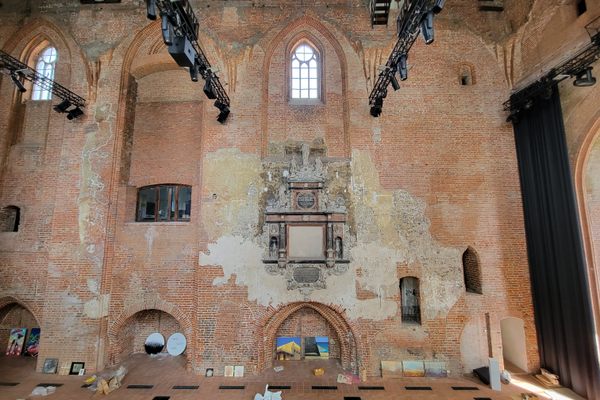

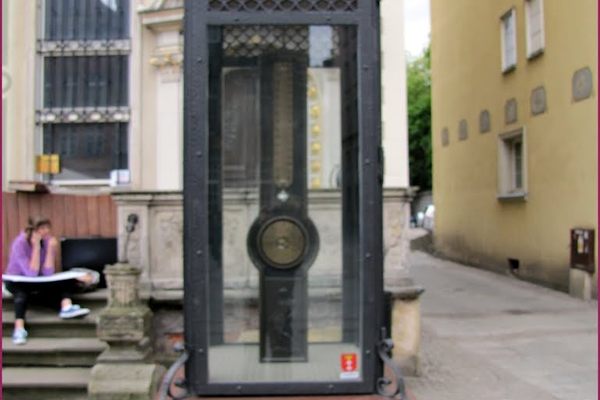
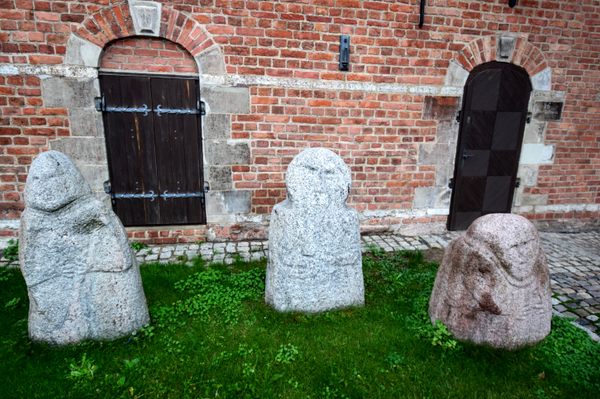





Follow us on Twitter to get the latest on the world's hidden wonders.
Like us on Facebook to get the latest on the world's hidden wonders.
Follow us on Twitter Like us on Facebook